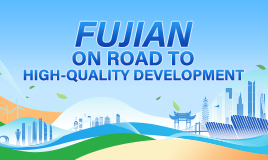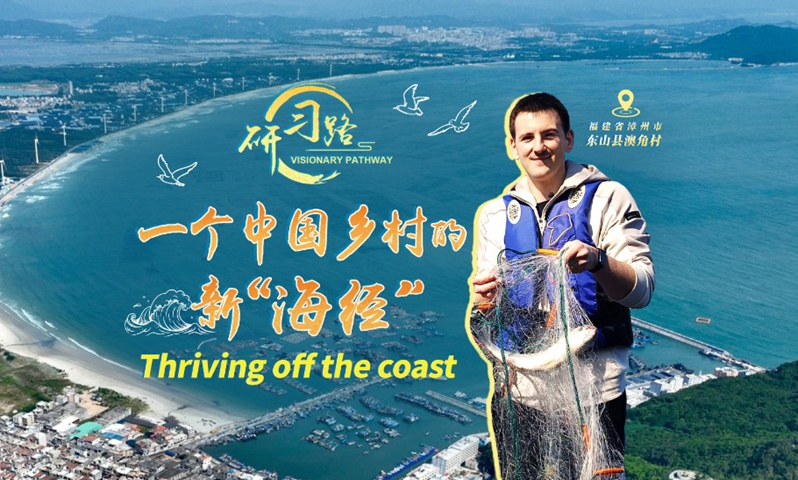Fresh Indonesian coconuts to Fuzhou fuel China-Indonesia industry partnership
The first batch of fresh coconuts imported from Indonesia arrived in Fuzhou, capital of East China's Fujian province, on April 12.
Hailing from Jakarta, Indonesia, these coconuts underwent rigorous on-site customs checks at the airport before being promptly transported to Fuzhou New Area's Yuanhong Functional Zone, part of the China-Indonesia "Two Countries, Twin Parks" initiative, where they will serve as key raw materials for the China-Indonesia Coconut Industrial Park.
The successful importation of Indonesian coconuts to Fuzhou represents a significant milestone for the China-Indonesia "Two Countries, Twin Parks" partnership. It not only advances the development of "Maritime Fuzhou", but also stands as a flagship project for the Belt and Road Initiative.
With a rising demand for coconut products among Chinese consumers and a shortfall in domestic coconut production, the import of fresh coconuts from Indonesia not only signifies a breakthrough in tropical agricultural cooperation between the two nations but also promises an enhanced consumer experience domestically.
Following the previous successful import of 107 metric tons of raw coconuts to Fujian in 2023, this most recent batch is poised to catalyze the establishment of a new coconut industry chain within the park. This development is expected to attract more food enterprises to the China-Indonesia "Two Countries, Twin Parks", thereby stimulating industrial and trade cooperation between China and Indonesia.
Within the framework of the China-Indonesia "Two Countries, Twin Parks" initiative, both nations are actively exploring models for the international division of labor cooperation, aiming for the deep integration of industrial, supply, and value chains. Their shared objective is to foster a "cross-national community", leveraging the resources and industries of each country, thereby accelerating the development of major cross-national industry chains such as marine fisheries, tropical agriculture, and light industry and textiles.




